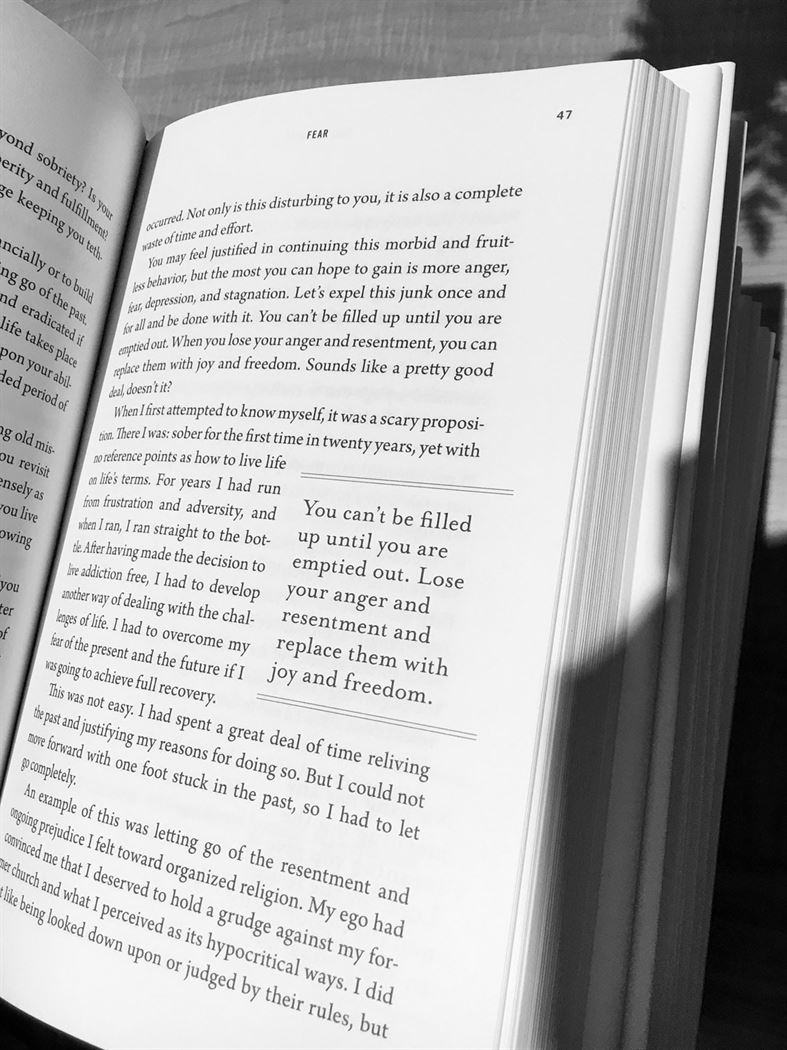It is important that students take care of themselves and it is equally important that Montclair State officials provide resources where students may learn how to do that, whether it is mental health, emotional health or physical health. The fact that Residence Life, Heath Promotion and Counseling and Psychological Services (CAPS) teamed up to bring Residence in Recovery to fruition shows how seriously they take that responsibility and how much they value the well-being of the students at Montclair State.
Whether we have experienced it ourselves or we know someone who experienced it, we all understand that recovery is a long and arduous battle. It can get expensive and upend a person’s life and the lives of the people and community around them. That is the thing about recovery, it takes a community to truly get through it. That is why there are sober houses and why campuses go dry. And that is why there are people who make it their life mission to help those wanting more for themselves than what drugs and alcohol make them.
For students with limited resources, recovery may mean deciding between putting their lives on hold to focus on recovery or putting recovery on hold to get a degree. This is a very hard decision to make as they both decide the way they live and the quality of their life. One is geared towards their overall health while one is geared towards their financial health and livelihood. Stress is known to trigger addictions and having to decide between recovery and school is beyond stressful and what Montclair State’s Residence in Recovery has done is dealt with both issues in one fell swoop.
What CAPS, Health Promotion and Residence Life have done is provide a safe environment to recover in. As a tobacco-free, dry campus, there are no temptations to derail them readily available. To get drugs or alcohol, students would have to actively search or know someone who is a dealer. At which point, it would be a conscious choice backed by their addiction. A lot like being in a sober house or rehab.
It helps that Montclair State’s campus is a community-oriented campus, so even the people who are not recovering are kind and understanding. Or they just stay in their lane and make no judgments.
While in the program, recovering students can befriend other students who are going through the same thing, forming encouraging and healthy relationships where the two people can cheer each other on.
Since they are in residence, recovering students can stay in school and work towards their degrees while recovering instead of putting their education on hold. Being on campus also means they have access to all resources, including counseling. Residence in Recovery is more than just providing housing for students, it also provides information for students to learn how to recover. They have counselors they can speak with. There are presentations available for the families of the people in recovery so they better understand what their loved one is going through and has to go through. It creates a well-informed community, which hopefully makes recovery easier for the student.
Montclair’s M.O. is constant contribution to their community and the fact that Residence in Recovery is geared to benefit student-through-student education but also communal education is not surprising. Recently, Montclair State has also become tobacco-free, and CAPS, Health Promotion and Residence Life are constantly doing activities to bring students together and encourage health of every kind. It seems like Montclair State will always place their best foot forward in terms of community.



